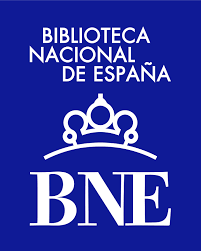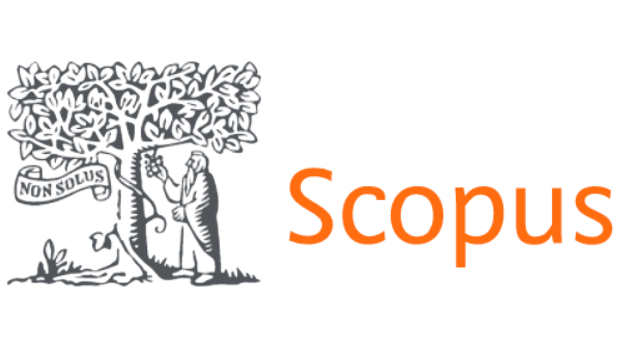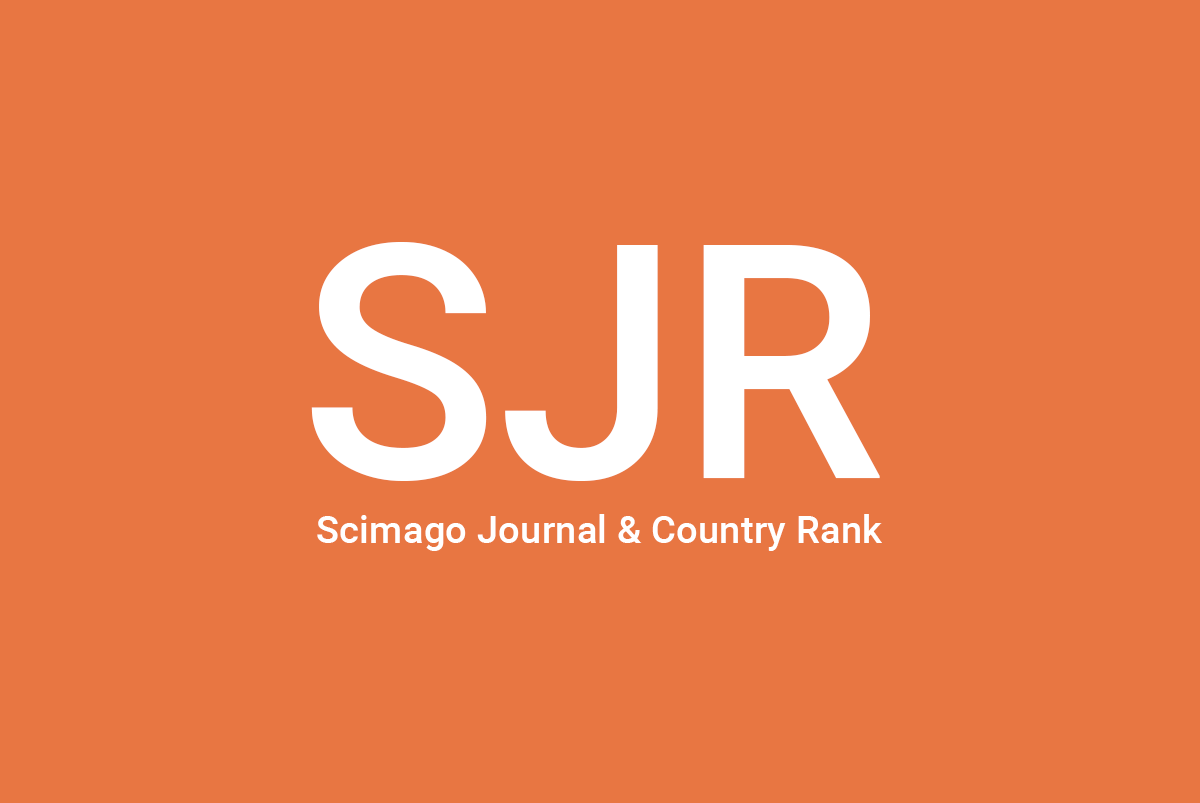«φύσις [...] κρύπτεσθαι φιλεῖ» (DK22 B123). An approach from Hegel to a fragment of Heraclitus
DOI:
https://doi.org/10.24310/Studiahegelianastheg.v3i.10776Keywords:
Hegel, Heraclitus, Time, Nature, BecomingAbstract
This article develops an approach to a significant fragment of Heraclitus from Hegel´s thought, also pointing out some questions that derive from such an approach, particularly regarding the articulation between nature and thought. For this, the ultimate perspective of a philosophy, such as the Hegelian, which aims to contain the principles of all the preceding philosophies is taken into account, as well as the underlying principle, according to Hegel, to Heraclitus´ own philosophy, which would the notion of becoming (Werden).
Downloads
Metrics
Publication Facts
Reviewer profiles N/A
Author statements
Indexed in
-
—
- Academic society
- N/A
- Publisher
- Universidad de Málaga
References
Downloads
Published
How to Cite
Issue
Section
License
This journal provides immediate free access to its content under the principle of making research freely available to the public. All contents published in Studia Hegeliana. Journal of the Spanish Society for Hegelian Studies, are subject to the Creative Commons Attribution-NonCommercial-ShareAlike 4.0 licence (specifically, CC-by-nc-sa), the full text of which can be found at <http://creativecommons.org/licenses/by-nc-sa/4.0>. Derivative works are therefore permitted as long as they are not used for commercial purposes. The original work may not be used for commercial purposes. The journal is not responsible for the opinions expressed by the authors of the works published in it.
It is the authors' responsibility to obtain the necessary permissions for images that are subject to copyright.
Authors whose contributions are accepted for publication in this journal retain the copyright. It is non-exclusive right to use their contributions for scholarly, research and educational purposes, including self-archiving or deposit in open access repositories of any kind.
Since volume 7 of 2021 the journal Studia Hegeliana has changed the copyright. Since that year the authors have retained the copyright.
The electronic edition of this journal is published by the Editorial de la Universidad de Málaga (UmaEditorial), being necessary to cite the source in any partial or total reproduction.

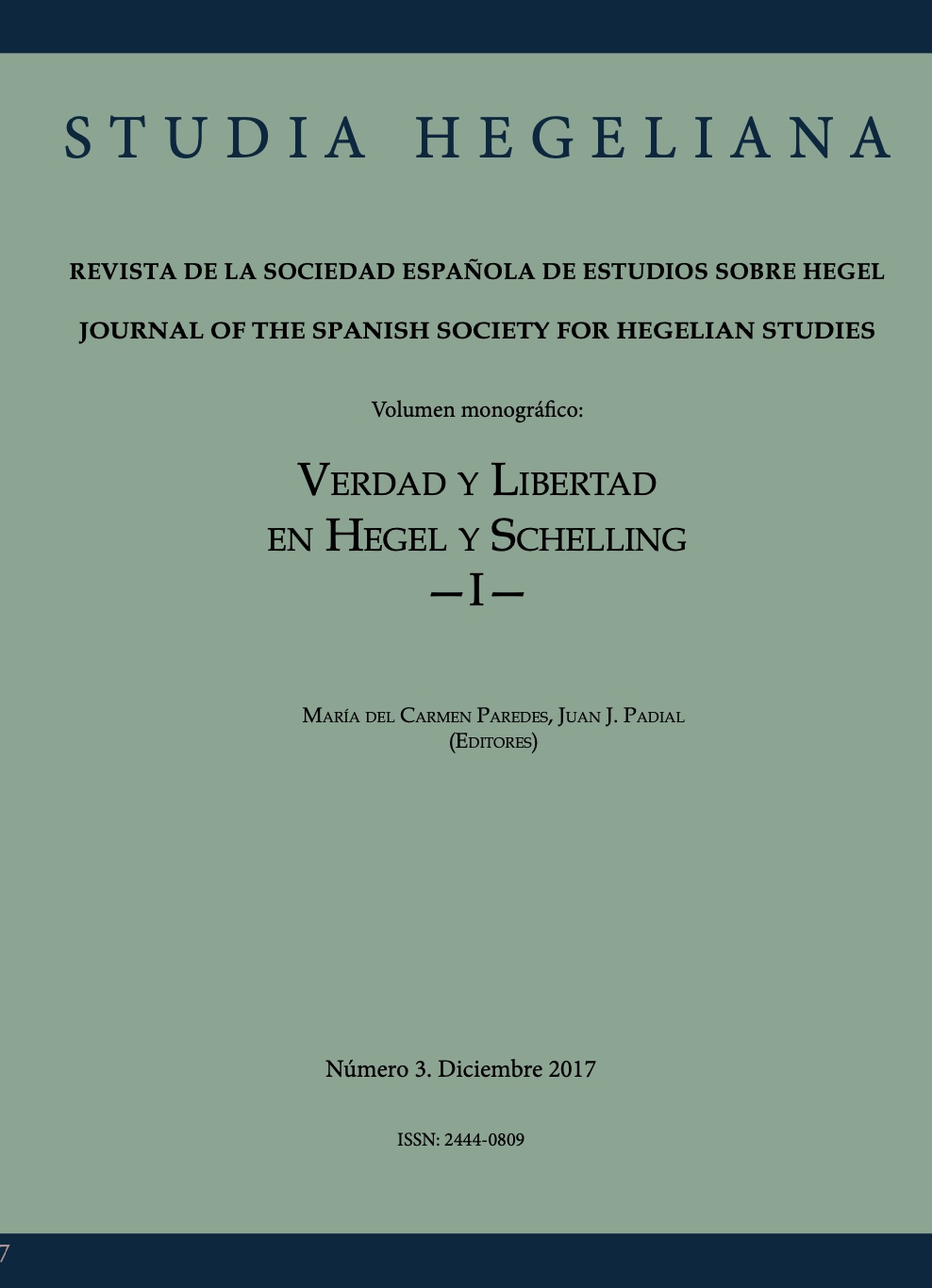




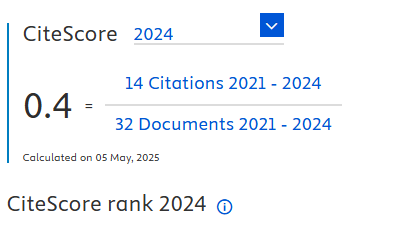
244.png)











